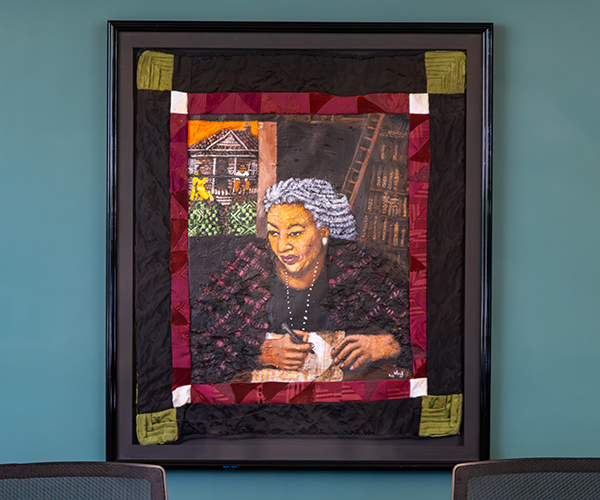Ted Gup opened his grandfather's frayed old suitcase and discovered a portal back to Canton amid the Great Depression. He sifted through yellowed letters, reading the pride, desperation and yearnings of dozens of destitute families from his hometown.
The letters were responses to an anonymous ad printed in the Dec. 18, 1933, edition of the Canton Repository offering financial aid to anyone struggling to buy bread. Just before Christmas that year, an anonymous benefactor mailed $5 checks the equivalent of $80 today to 150 of those letter writers. When Gup found canceled checks in the suitcase as well, he realized that his grandfather, successful clothing store owner Sam Stone, had been the generous patron. Like those letters, he had kept the secret his entire life.
Gup, a former Washington Post reporter who taught for 10 years at Case Western Reserve University, realized he'd discovered an extraordinarily intimate tale of hardship and generosity, full of voices speaking directly from the depths of the nation's worst economic struggle. "The letters had something to tell us," he says. "They speak to us today."
Gup's new book, A Secret Gift: How One Man's Kindness - and a Trove of Letters - Revealed the Hidden History of the Great Depression (Penguin Press, $25.95), weaves his grandfather's life with those of people he helped.
George Monnot, owner of Canton's first Ford dealership, responded to Stone's ad by describing how his business had been swept away. "His letter is so articulate and so dignified, and yet it's an appeal born out of desperation," Gup says.
Stone's gifts were small, not enough to change a family's fortune, but they cheered people in a dark season when hope was as scarce as honest work. One man wrote that the offer of help had given him courage and driven off thoughts of suicide. Although Felice May grew up on a farm where there was little to eat, her parents celebrated her fourth birthday in December 1933 with a happy surprise. She got to pick out a toy at the five-and-dime: a miniature wooden pull horse. "I think it touched her dramatically," Gup says. "Today she raises miniature ponies."
Along the way, Gup discovered his grandfather had kept another secret. Stone hadn't been born in Pittsburgh after all, but in a village in Romania. He'd emigrated with his family at 15, fleeing anti-Jewish persecution. "Understanding what he endured before he came here helped me understand what Canton meant to him," Gup says.
A Secret Gift is no feel-good tale. Canton's Depression-era voices offer stark and stoic accounts of cold and hunger. Still, the book ends on a hopeful note.
Ted Gup, his family and the descendants of several people his grandfather helped will celebrate A Secret Gift's release on Nov. 5 at Canton's Palace Theatre. Built in 1926, the opulent theater was "a place where people could go to leave behind their woe and lose themselves in burlesque or a movie or organ music," Gup says. Some guests will read their relatives' letters and tell their families' stories. Composer Phillip Bimstein and the musical ensemble Red Rock Rondo will perform a musical suite Bimstein composed in response to the letters. 605 Market Ave. N., Canton, cantonpalacetheatre.org



